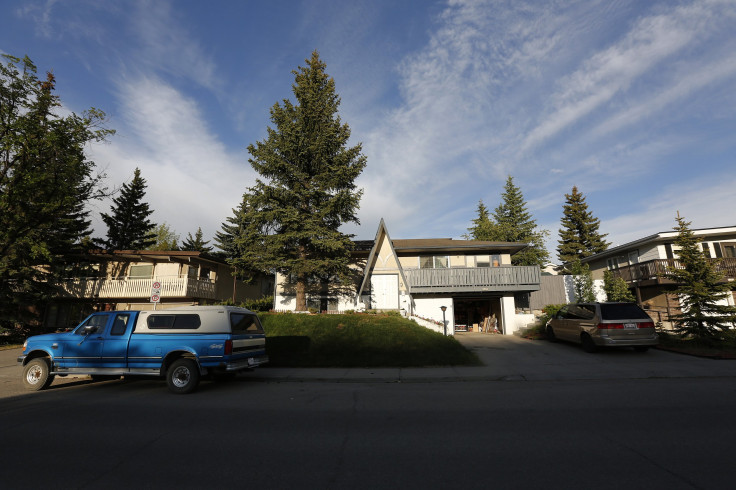What Does Natural Born Citizen Mean? Why Ted Cruz Being Born In Canada Won't Keep Him From Being President

U.S. Sen. Ted Cruz, R-Texas, wasn't born in the United States. But he still could become the nation's next president.
As millions of American schoolchildren learn every year, the U.S. Constitution adopted in 1787 states that only a "natural born citizen" of the United States may serve as president or vice president. "No Person except a natural born Citizen, or a Citizen of the United States, at the time of the Adoption of this Constitution, shall be eligible to the Office of President; neither shall any Person be eligible to that Office who shall not have attained to the Age of thirty five Years, and been fourteen Years a Resident within the United States," the Constitution reads.
Cruz was born in Canada, but he still could make it to the White House if voters rally behind him. While legal scholars have debated for decades whether the rule applies only to anyone born on U.S. soil, many agree that it also extends to children of U.S. citizens, who enjoy their parent's citizenship rights.
Cruz was born to a Cuban father and American mother in Canada in 1970. The case against Cruz, who renounced his Canadian citizenship in 2014, has grown in recent days as Republican front-runner Donald Trump has highlighted Cruz's potential roadblock to the White House as someone born outside of the United States. Trump began attacking Cruz after the Texas senator climbed to second place behind him in Iowa and New Hampshire polls. Both states hold the nation's first presidential nominating contests in less than three weeks.
“I’d hate to see something like that get in his way,” Trump told voters during a recent campaign stop. “But a lot of people are talking about it, and I know that even some states are looking at it very strongly, the fact that he was born in Canada and he has had a double passport.”
Some have taken up Trump's fight. Mary Brigid McManamon, a constitutional law professor at Widener University’s Delaware Law School, wrote in the Washington Post this week: "Donald Trump is actually right about something: Sen. Ted Cruz (R-Tex.) is not a natural-born citizen and therefore is not eligible to be president or vice president of the United States."
But the general consensus is Cruz should be fine. Neal Katyal and Paul Clement tackled the subect in the Harvard Law Review Forum: "All the sources routinely used to interpret the Constitution confirm that the phrase 'natural born Citizen' has a specific meaning: namely, someone who was a U.S. citizen at birth with no need to go through a naturalization proceeding at some later time. And Congress has made equally clear from the time of the framing of the Constitution to the current day that, subject to certain residency requirements on the parents, someone born to a U.S. citizen parent generally becomes a U.S. citizen without regard to whether the birth takes place in Canada, the Canal Zone [like John McCain's], or the continental United States. While some constitutional issues are truly difficult, with framing-era sources either nonexistent or contradictory, here, the relevant materials clearly indicate that a 'natural born Citizen' means a citizen from birth with no need to go through naturalization proceedings."
Opponents of President Barack Obama charged for years that he was not born in Hawaii, despite his birth certificate, and was ineligible. Yet Obama's mother, like Cruz's, was an American citizen all her life.
© Copyright IBTimes 2024. All rights reserved.






















